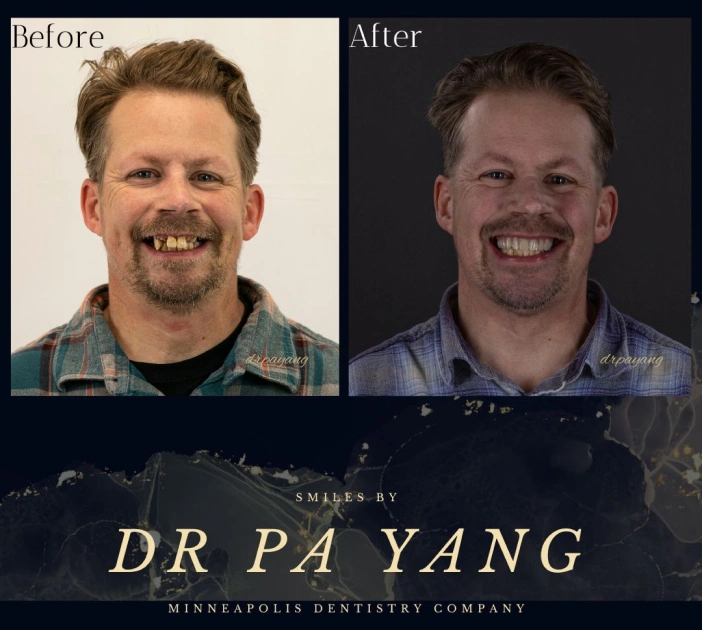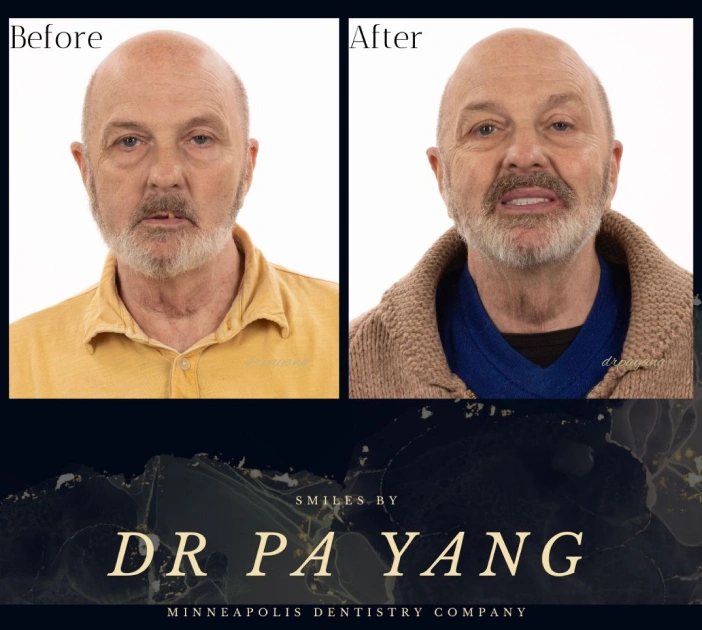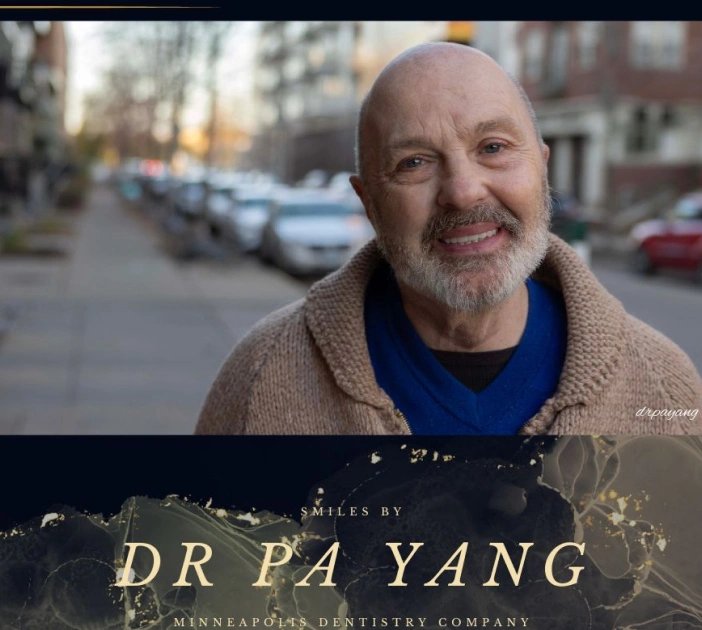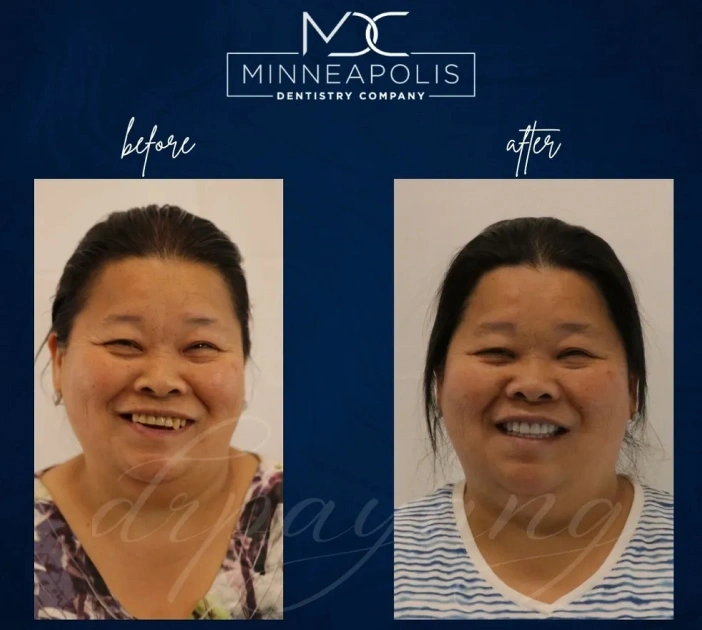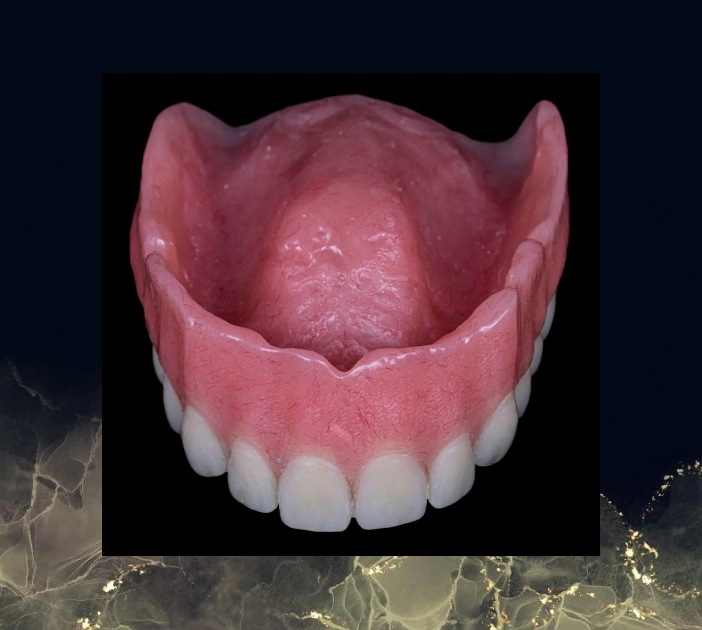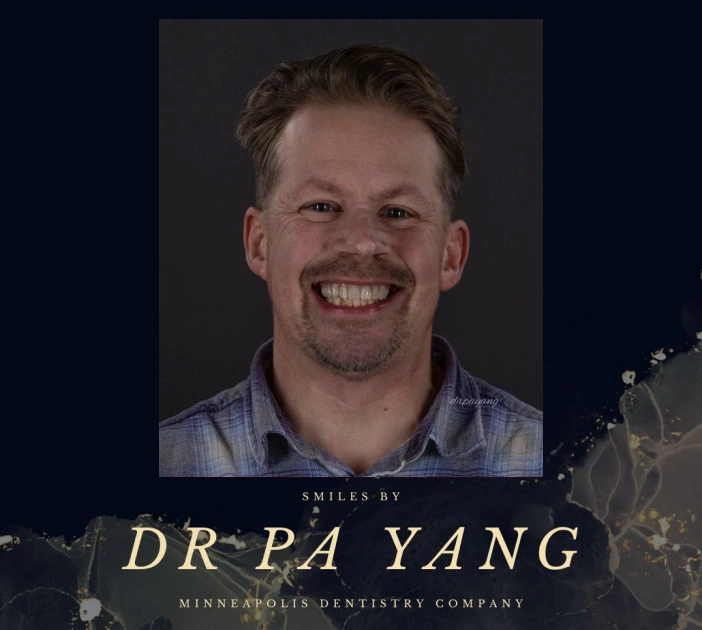What Are Dentures?
Types of Dentures
Immediate Dentures:
What They Are: These are temporary dentures placed immediately after tooth extraction. They allow you to maintain your appearance while your gums heal and your jawbone adjusts.
Benefits: Immediate dentures can provide a seamless transition and avoid the embarrassment of being without teeth. They are custom-made before your extraction appointment, allowing for quick placement.
Considerations: As your gums heal and change shape, adjustments will be necessary, and a more permanent solution may be needed later.
Traditional Dentures:
What They Are: Traditional dentures are custom-made removable appliances that replace missing teeth after the gums have healed from extractions. They can be complete (replacing all teeth) or partial (replacing some teeth).
Benefits: These dentures are designed for comfort and aesthetics, allowing you to regain a natural-looking smile. They offer a cost-effective solution for tooth loss and can significantly improve chewing and speaking abilities.
Considerations: Traditional dentures may require periodic adjustments to ensure a proper fit as your mouth changes over time.
Implant-Retained Dentures:
What They Are: These dentures are anchored to dental implants surgically placed in the jawbone, providing a secure and stable fit. They can be either complete or partial, depending on your needs.
Benefits: Implant-retained dentures offer superior stability and functionality compared to traditional dentures, allowing for improved chewing efficiency and eliminating concerns about slippage. They also help preserve jawbone health by stimulating bone growth.
Considerations: This option requires sufficient jawbone density and may involve a longer treatment process, but the results are often worth it for long-term wearers.


